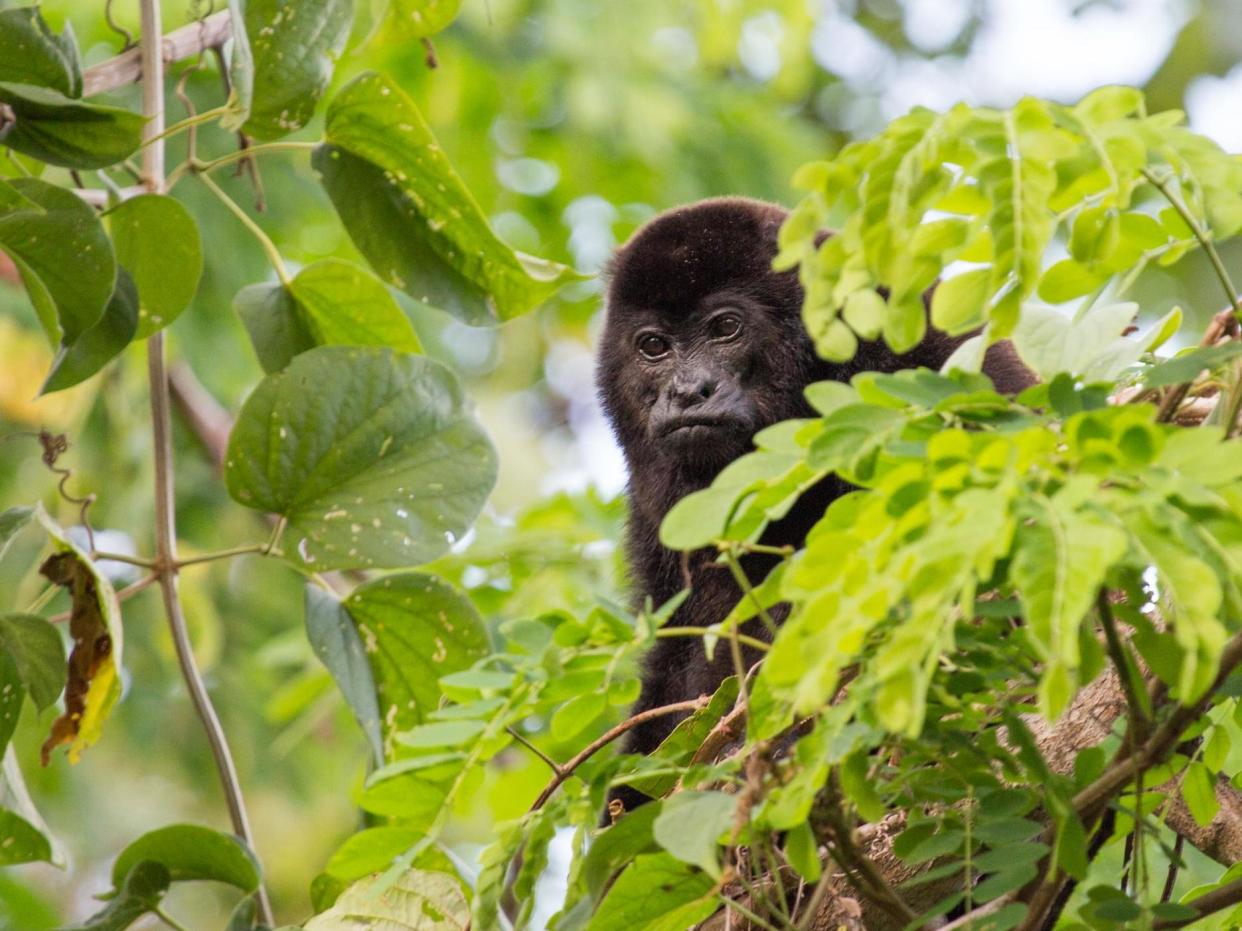Two cases of monkeypox identified in north Wales

Two cases of monkeypox have been identified in north Wales, public health officials have confirmed.
Public Health Wales (PHW) said the initial case was acquired overseas and both cases were identified in two people from the same household.
One is currently being treated in a hospital in England, health officials said, adding that the risk to the general public is very low.
On Thursday, health secretary Matt Hancock told MPs that the UK was currently dealing with an outbreak of monkeypox.
Speaking at the Health and Social Select Committee, he said: “As Health Secretary, you’re dealing with these sorts of outbreaks all of the time - I’m currently dealing with a monkey pox outbreak and cases of drug-resistant TB, and that is absolutely standard.”
In a statement, PHW said: “Public Health Wales and Public Health England are monitoring two cases of imported monkeypox identified in North Wales.
“The index case was acquired overseas, and the two cases are members of the same household. Both cases were admitted to a hospital in England, where one currently remains.
“Monitoring and follow-up of the cases and their close contacts are undertaken as part of normal practice, and the risk to the general public is very low.”
The monkeypox virus belongs to the same family of viruses as smallpox, although it is much less severe and experts say chances of infection are low.
The World Health Organisation (WHO) traces the sickness to the tropical rainforests of Central and West Africa and defines it as a viral zoonotic (meaning it can be transmitted from animals to humans) disease akin to smallpox, itself eradicated in 1980.
The first recorded case of monkeypox was identified in what is now the Democratic Republic of Congo in 1970.
It occurs mostly in remote parts of central and west African countries, near tropical rainforests. Very few cases of the disease have ever been detected in the UK.
Although it has been reported to have caused deaths in west Africa, most cases of the virus are mild and will clear up on their own within a few weeks.
The disease has a six to 16 day incubation period. In its opening stages, patients first suffer fever, headaches, swellings, back pain, aching muscles and a general listlessness.
Once the fever breaks, the sufferer’s body will face a skin eruption, in which a rash spreads across the face, followed by the rest of the body, most commonly the palms of the hands and soles of the feet.
The blemishes evolve from lesions into crusted blisters, which can then take three weeks to heal and disappear.
“Confirmed cases of monkeypox are a rare event in the UK, and the risk to the general public is very low,” said Richard Firth, PHW’s consultant in health protection.
“We have worked with multi-agency colleagues, following tried and tested protocols and procedures, and identified all close contacts. Actions have been put in place to minimise the likelihood of further infection.”
Read More
Ex-Mossad chief signals Israel behind Iran nuclear attacks
Brisbane set to be named 2032 Olympics host next month
The complex case of the attack of an Asian woman who fought back in San Francisco

 Yahoo News
Yahoo News 
